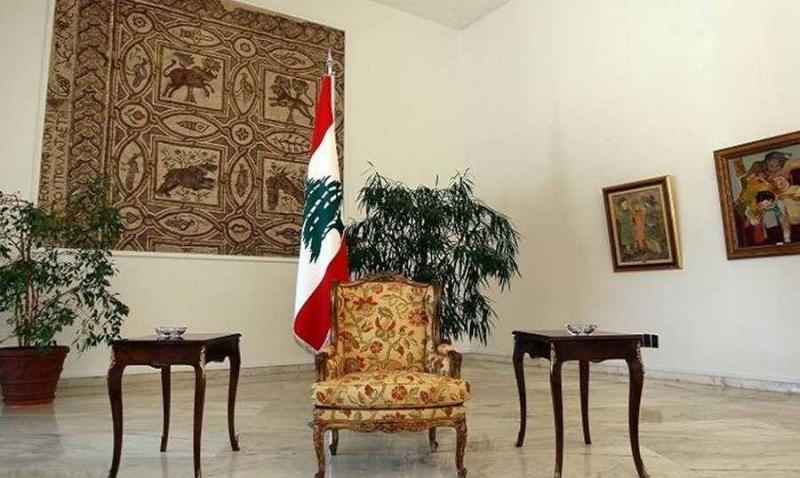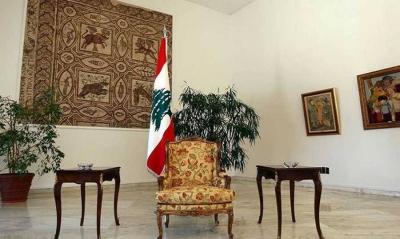A senior political source revealed to "Al-Anbaa" that the Secretary of State of the Vatican, Cardinal Pietro Parolin, addressed the Speaker of Parliament, Nabih Berri, during his visit to the presidential headquarters in Ain al-Tineh, saying, "Pope Francis hopes for the election of a president for the republic as soon as possible." This statement came after Parolin asked Berri if there were any intentions to amend the system, and thus change the Christian president. Parolin's question followed the atmosphere conveyed by the French envoy Jean-Yves Le Drian, who reported that the Speaker of Parliament reassured him regarding the safety of the situation in the country, and that matters were being managed between him and the caretaker Prime Minister Najib Mikati. The French envoy inferred that there might be a diminished enthusiasm for electing a president of the republic.
In the same context, alongside Berri's reassurances of no desire whatsoever to amend the system (the Lebanese constitution), Hezbollah's deputy secretary-general, Sheikh Naim Qassem, confirmed earlier last week that not a single letter in the Taif Agreement would be changed. The reassurances from the Shiite duo do not obscure their view of the partnership scale with other components in the Lebanese structure. According to the high-level political source, the party is not willing to engage in discussions about sensitive issues, such as hostility towards Israel and support for Gaza.
Meanwhile, an informed political source described to "Al-Anbaa" the opposition's initiative to elect a president as similar to previous initiatives. He affirmed that there would be no presidential election before clarifying the status of the ceasefire talks in Gaza and their impact on Lebanon, followed by serious dialogue under international and Arab sponsorship in Lebanon or any country in the quintet committee, otherwise the situation in Lebanon will remain as it is, with gossip and circular discussions. The source indicated that the approval of the quintet committee countries of any initiative is part of encouraging dialogue and consultation in hopes of achieving any tangible progress. He considered that the parliamentary division between supporters and opponents of the initiatives and efforts causes them to lose seriousness and credibility in dealing with public affairs, according to "Al-Anbaa."




